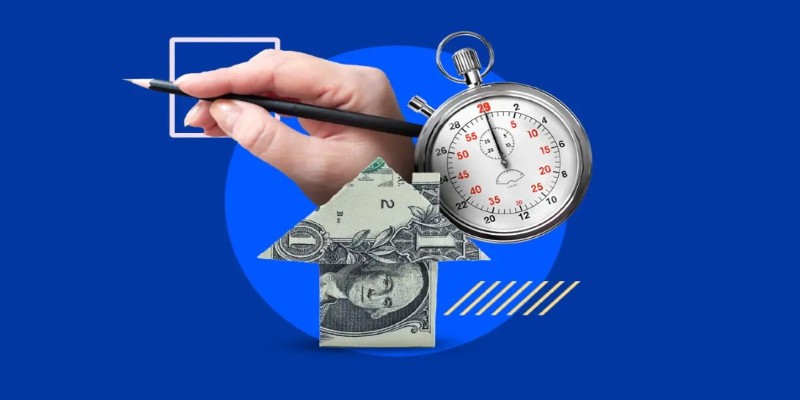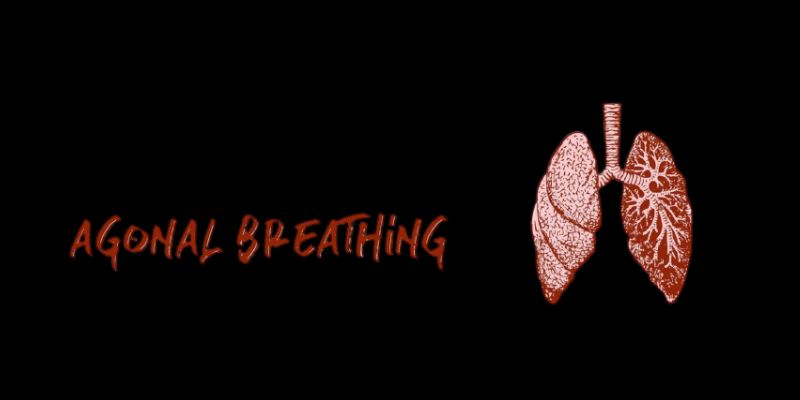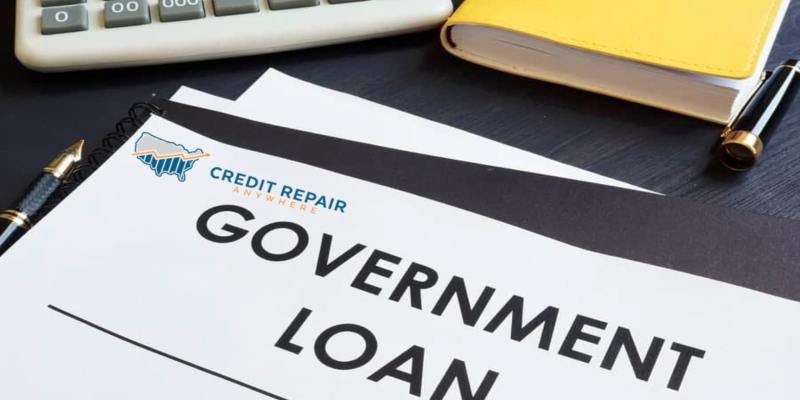Buying a home can feel like a big leap, especially if you’re not sure where your credit stands. For veterans, active-duty service members, and certain surviving spouses, VA loans offer a way to make that step more manageable. With no down payment and no private mortgage insurance, they’re built to ease the path to homeownership.
But one question tends to come up early: what kind of credit score do you need? The answer isn’t as rigid as you might think. Understanding how lenders view credit for VA loans can help you figure out where you stand—and what to expect next.
Understanding Credit Score Requirements for VA Loans
The VA doesn't enforce a universal credit score minimum. Instead, lenders decide what they're comfortable with. Most look for a score of at least 620. This isn't a strict cutoff but rather a general threshold. Some lenders go lower—down to 580, and occasionally below that—especially for applicants with strong income or low debt levels.
Lenders want to know you’ll repay what you borrow. Your credit score helps them judge this by showing your past borrowing behavior. It reflects your payment habits, credit usage, account age, and types of debt. Higher scores generally lead to better interest rates and smoother approvals.
If your score is close to 620 or above, you’re more likely to qualify with most lenders. But a lower score doesn’t automatically rule you out. Some lenders specialize in working with borrowers who have fair or limited credit. You may just need to search more carefully and be ready to explain your financial situation in detail.
How Lenders Evaluate Borrowers Beyond Credit Scores?
Even if your credit score is under 620, other parts of your financial record can support your application. Lenders also assess your debt-to-income ratio (DTI), which shows how much of your monthly income goes toward paying debts. Many look for a DTI of 41% or lower. A higher ratio might still be accepted if you have a strong income or significant savings.

Stable income is another major factor. Lenders want to see a consistent history of earnings, whether through military pay, full-time work, retirement income, or self-employment. A solid two-year employment history often helps, but lenders may be flexible depending on your situation.
The VA also uses a residual income guideline. After all your fixed monthly obligations—mortgage, utilities, debt payments—you should still have money left over. This helps ensure you can afford day-to-day costs after buying a home. Residual income benchmarks vary depending on your family size and location.
Payment history, especially for housing, can carry weight too. If you've been paying rent on time for a year or more, that signals reliability. It's especially helpful if your credit score is borderline. Lenders want reassurance that you can handle regular payments, such as a mortgage.
These other indicators give lenders a fuller picture of how financially prepared you are. They also explain why credit score isn’t the only—or even the most important—factor in VA loan decisions.
How to Improve Your Chances of Approval?
If your credit score is lower than you’d like, there are ways to boost your odds of approval. Start by reviewing your credit reports from the three major bureaus: Experian, Equifax, and TransUnion. You're entitled to one free report from each every year. Look for errors or outdated information and dispute anything incorrect.
Paying your bills on time is key. Late payments are one of the fastest ways to hurt your score. Setting up auto-pay or calendar reminders can help keep things on track. Reducing your credit card balances can also improve your score. Try to keep your utilization—the amount of available credit you’re using—under 30%.
If your credit history is limited, building it up can make a difference. Opening a secured credit card or becoming an authorized user on someone else’s account are two options. Just be sure the account is in good standing.
Waiting a few months to work on your score could help you qualify for better loan terms. But if you need to apply soon, look for lenders who are experienced with VA loans and willing to work with lower credit scores. Some may offer alternative paths based on strong income, low debt, or consistent rent payments.
Improving your credit, even by a small amount, could reduce your interest rate and monthly mortgage costs. But even if time isn’t on your side, there are lenders who can work with you.
Getting a VA Loan With a Lower Credit Score
Not every lender treats credit the same. Some will reject a score below 620, while others may approve a borrower with a lower score if other financial factors are strong. Shopping around is important. One rejection doesn’t mean you’re out of options.

VA loans are more flexible than many other mortgage types. Lenders face less risk because the loan is partially guaranteed by the VA. This makes them more willing to work with applicants who have fair or limited credit. Still, rates might be slightly higher for lower scores, which can affect your monthly payment.
If you’re in this situation, look for a lender who regularly handles VA loans. They’re more likely to understand the process and may be open to alternatives. You can also connect with a housing counselor approved by the U.S. Department of Housing and Urban Development (HUD). They can help you improve your financial profile or find lenders that fit your situation.
A lower score doesn’t mean you can’t get approved. It may just take more time, preparation, and thoughtful lender selection. Many borrowers with credit challenges still qualify for a VA loan because of its flexible standards and supportive structure.
Conclusion
So, what is the minimum credit score for a VA loan? While many lenders look for a score of 620 or higher, there's no official minimum set by the VA. Other financial factors, such as income, debt levels, and payment history, can also influence approval. Even with a lower score, options exist. Taking time to understand your credit and prepare financially can improve your chances of securing a VA loan that fits your needs.












